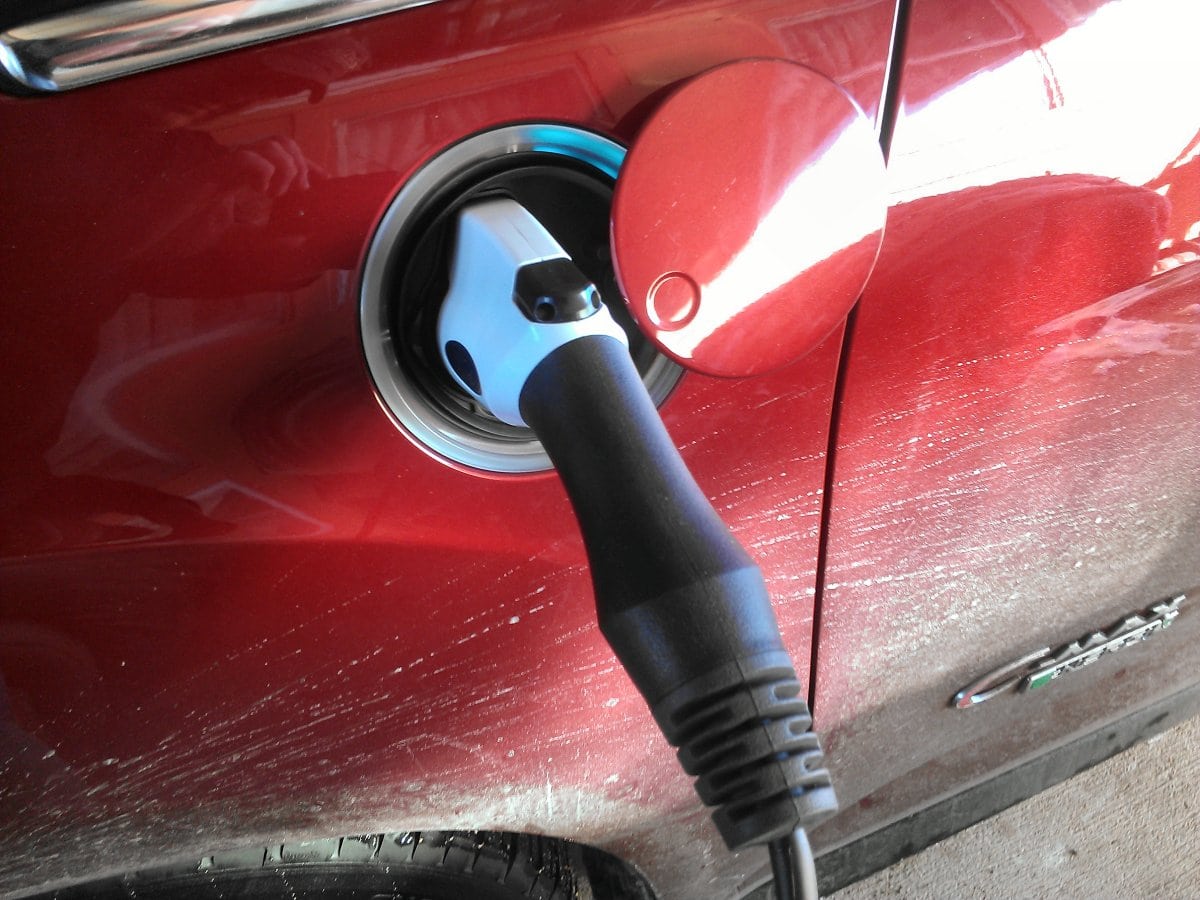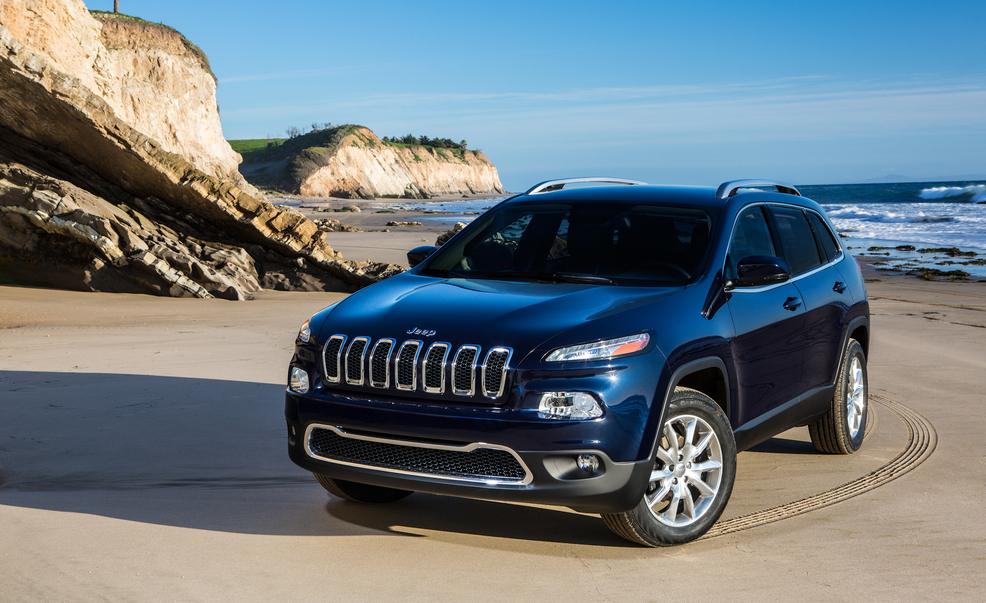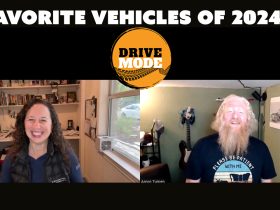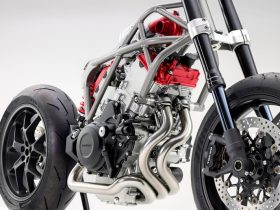According to J.D. Power & Associates consumer surveys, consumers are less interested in electric vehicles. A trend that has been going on for months. The number of consumers “very likely” to consider an EV dropped by 24.4 percent from January to February this year while the number who are “very unlikely” to consider an EV climbed by 22.2 percent that same period.
These near-parallel changes in attitude continue a trend that J.D. Power has been tracking for the past four months. It marks the lowest level of consumer interest in electric vehicles since the group began tracking the EV consumer trend in 2022.
The top reason given for not considering an EV, accounting for 52 percent of those surveyed, was lack of infrastructure. Specifically charging station availability. Satisfaction with public charger availability among non-Tesla owners is much lower than it was a year ago. Tesla is the only manufacturer to deliver a consistently positive public charging experience. With most manufacturers moving to the Tesla plug in the next couple of years, though, that could change consumer attitudes in either direction.
Other concerns include time required to charge, the limited driving distance per charge, inability to charge at home or work, and power outage or grid concerns were also top drivers of EV rejection. These follow trends of mass market EV owners, whose survey results give similar results with a 32-point decline in charger availability satisfaction year-on-year.
The J.D. Power E-Vision Intelligence Report is based on data and insights from the J.D. Power EV Index, the J.D. Power EV Retail Share Forecast, the J.D. Power 2024 U.S. Electric Vehicle Experience (EVX) Ownership Study, the J.D. Power 2023 U.S. Electric Vehicle Experience (EVX) Public Charging Study, and the J.D. Power U.S. Electric Vehicle Consideration (EVC) Study.
This commentary originally published on EVmeme.com.







